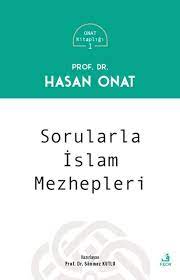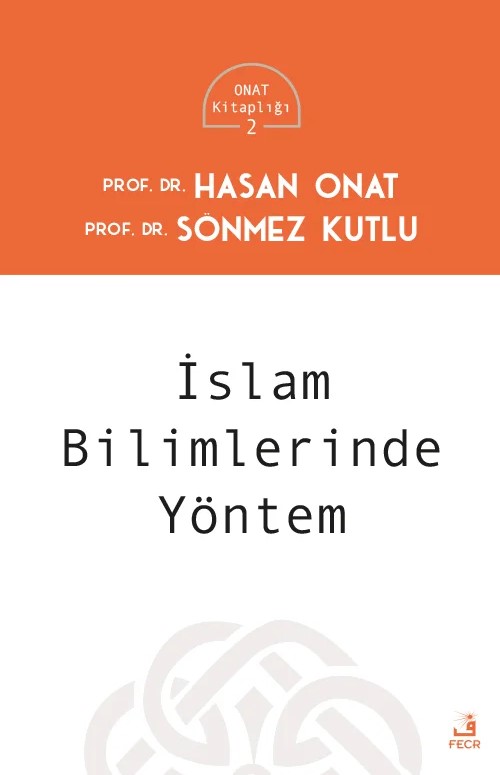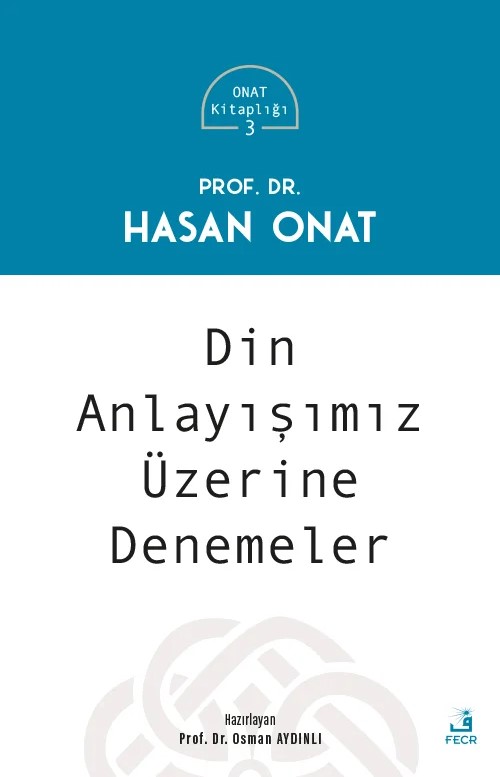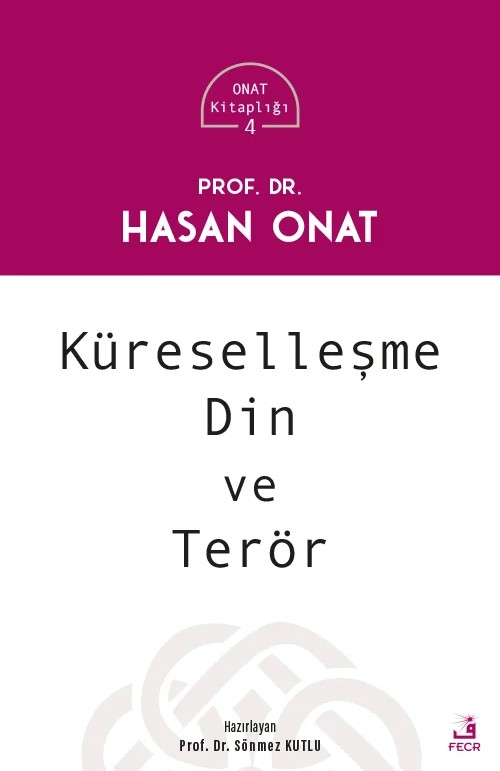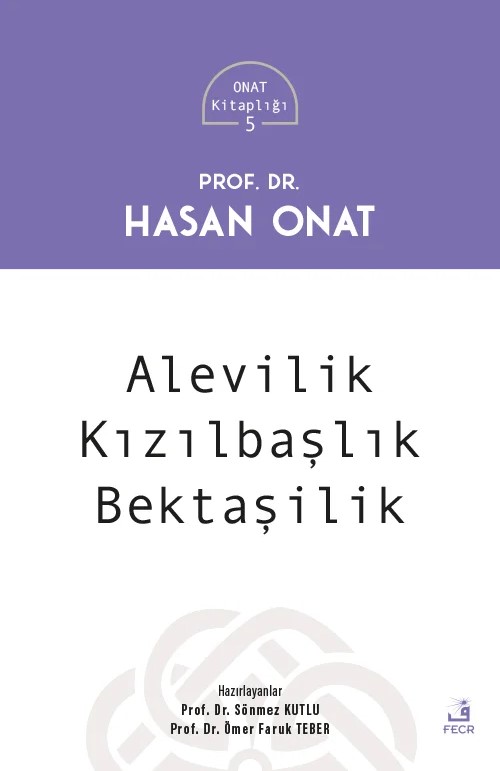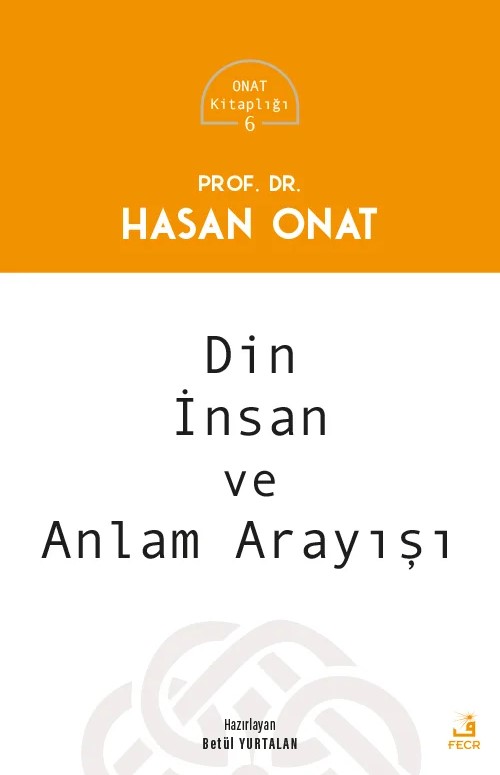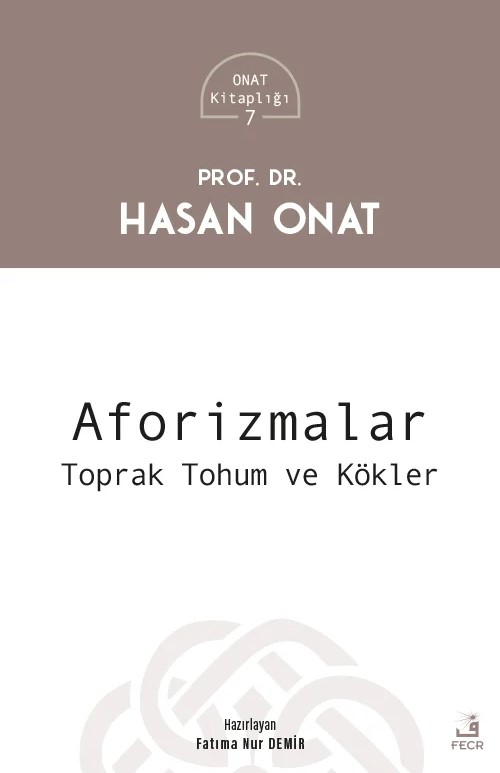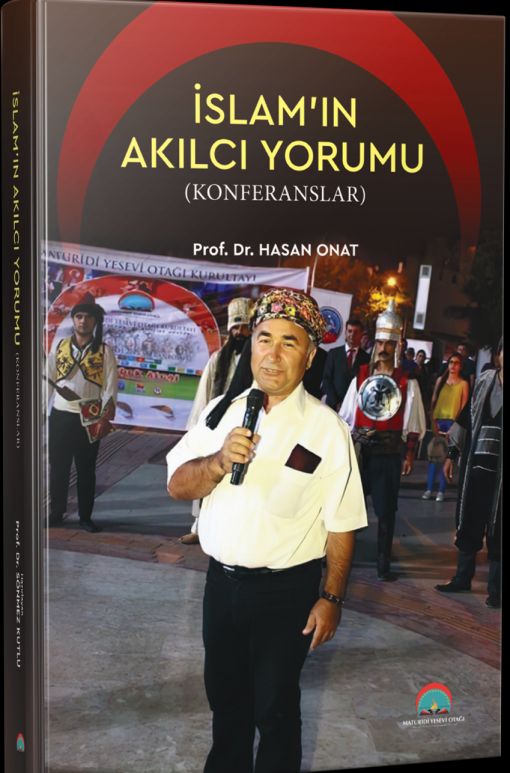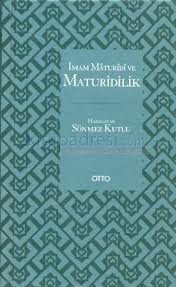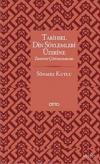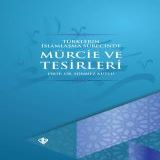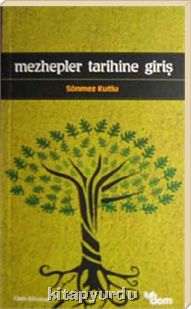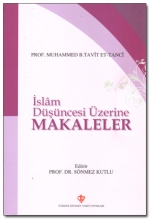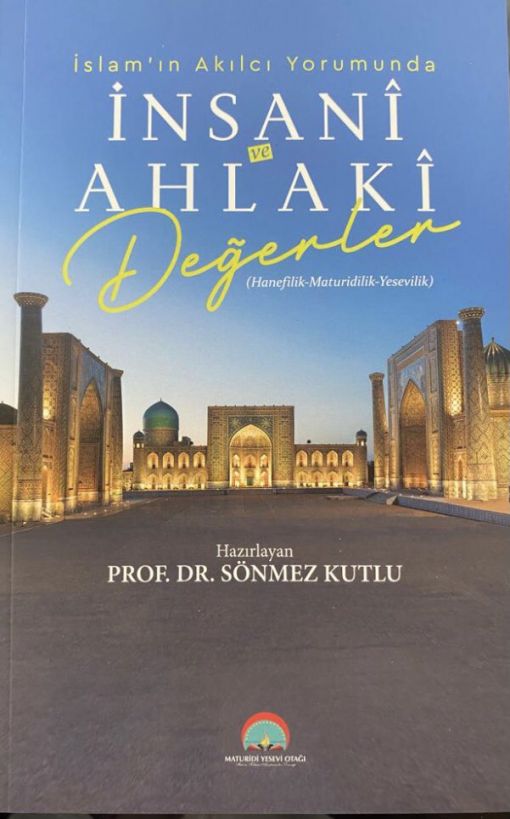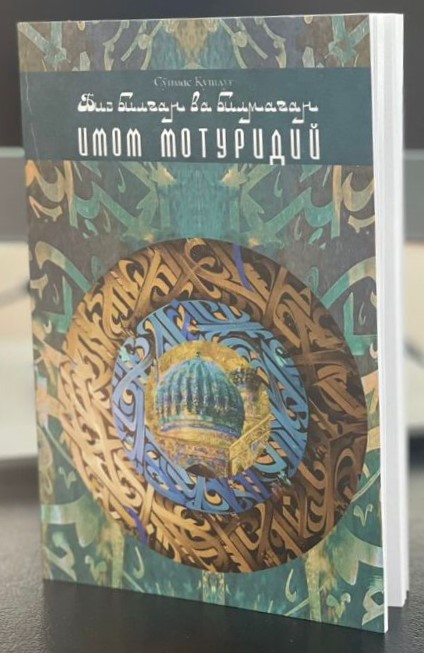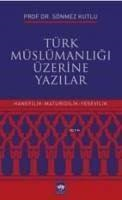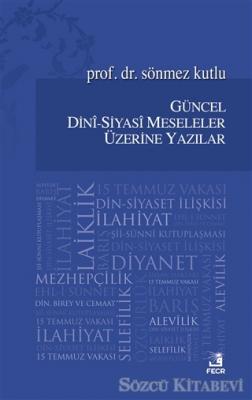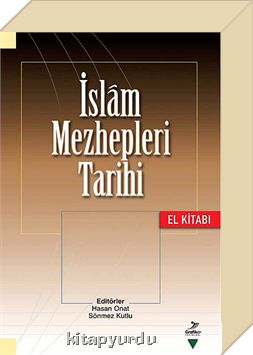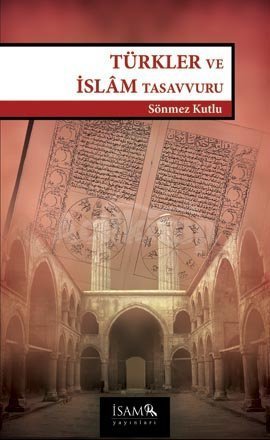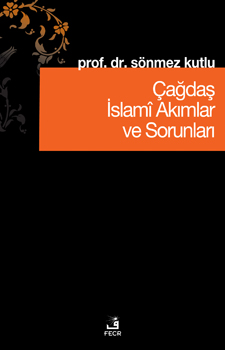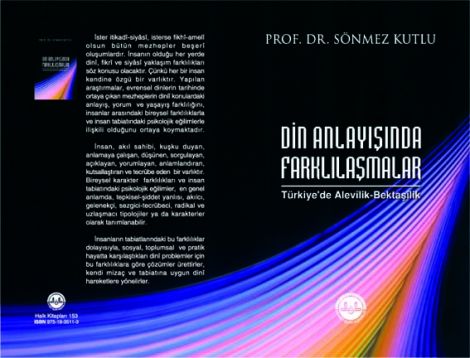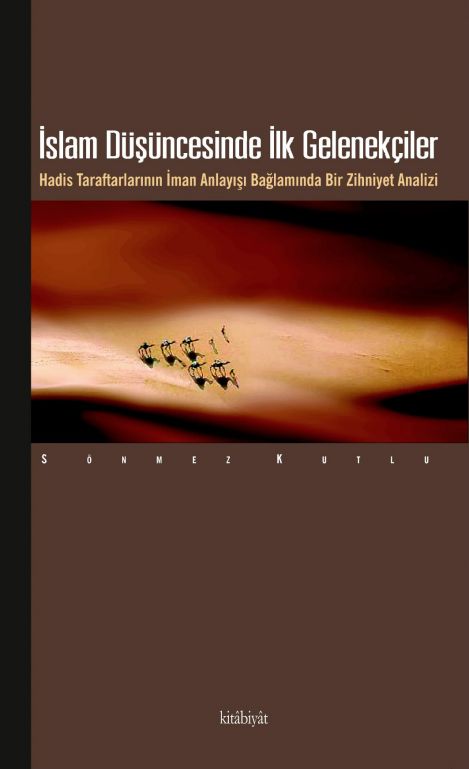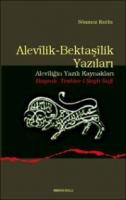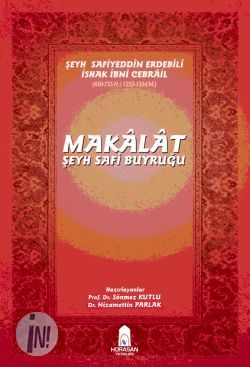THE IMPORTANCE OF MAN IN THE RELIGIOUS THOUGHT OF IMAM MĀTURĪDĪ  Universal religions, philosophical systems, political and social movements put human in their imagination of worldviews. Any doctrine which does not give a reputable place to the human as a being that thinks, believes, questionates, judges and produces values cannot find a place for himself in people’s heart and collective conscience. The movements which show up in order to get pecuniary advantage vanish off the face of the earth in a long duration despite the fact that they trail people and societies that are composed by them for some time. Even though the movements that emerged in order to gain financial benefits drag people and their communities for a while, they lose this support after a certain time. Religious systems, especially based on solidarity, solidarity and tolerance, cannot survive by ignoring human and society. When they exist, they become a system of exploitation that are far from ethical and humanitarian values. Such a religion moves away from providing trust, peace, easiness and convenience to people, and becomes a means of legitimizing irrational behavior and immorality. For this reason, the religion of Islam initially led off by correcting the perception about human. Man has “the most beautifully created by God” and “has the most honorable place among the created in the universe”. Allah has given all creatures in the universe to human service. God has equipped people with various emotions and abilities. It is possible to make them good and bad, harmful or beneficial with the will and desire of man. However, Allah made it easier for people to turn towards the good by giving reason and supported him. God trusts the person who has some weaknesses and asks him to use his mind, his senses and listen to his benevolent nature (fıtrat). He commanded that man should not endanger himself, his family and the society he lives in, and do not harm them. Islam spoke of a long or short-term change in the direction of society's destruction or continuation, depending on the will and action of the individual. He clearly stressed that unless a society changes itself, God will not change them. In other words, social change is tied to the preferences of the servants. God has not created people in nature and quality to unite in a single idea. It made them different from each other in terms of gender, tribe, color and society. Diversity and social difference between people and societies is a natural reality. In this article, we will analyze the understanding of human imagination and free will, based on the ideas that Imam Māturīdī has revealed in his own works. There are many aspects about the facts and events in the universe that appear at first glance or can be learned as a result of the examination. God has not created anything absolutely evil and harmful or beautiful and useful. He combined these two opposite properties in each asset. Like the beings in the universe, the human being that is part of it has opposite qualities. Diversity in their skills, instincts and feelings is essential. However, with the knowledge or abilities he possesses, he has the opportunity to know the multi-dimensional reality in natural beings and social phenomena. Man can reach the knowledge of the absolute being by the visible beings. As the truth of items and goods is certain, the knowledge of the person with that items is also real. The realities that human beings acquire through various ways of information about existence, facts and events such as mind, senses and news cannot be denied. Each resource is valid in its own area of information objects. Different dimensions of the same truth can be explained if these are used correctly. People's belief in an invisible and absolute being that cannot be witnessed by the senses constitutes the metaphysical dimension of his belief. The aim of the arrival of Islam is not only to raise healthy, characterful, honurable, faithful, productive people who are beneficial to themselves and humanity, but also to create a virtuous society based on justice, equality and fraternity. In the formation of such a society, it wanted to create a road map by highlighting what rights and freedoms are needed for people. “The historical experience of the Qur'an and Muslims shows that Muslim's relationship with others is not a relation of opposition but a relation of difference based on the rule of law. Enabling a Muslim to live under the same roof with a Christian or Jew as a partner of life by allowing marriage with the People of the Book; allowing Christians, Jews and Muslims to worship at the same temple; the fact that Assyrians, Chaldeans and Copts still exist in the Islamic geography today, the prohibition of killing clergy and destroying the temples in wars is it's some of the most important evidences. By looking at the events occurring in the Islamic geography, a connection between Islam and violence is established by researchers, and it is tried to place Islam and all Muslims in the chair of the accused by them. Attempts to portray Islam as an opponent to the West and ideological globalization will bring with it a number of events that will harm Muslims and Islam in many respects, for political Islamism or whatever reason. In order for Muslims not to be dragged into such a conflict, It is inevitable that Islam will regain its old reputation for human rights and freedoms and form a social structure in the light of these principles. It is extremely important to determine the framework of basic human rights and freedoms in Islam. When the process of the emergence and spread of Islam and its basic texts were analyzed, it establishes moral and legal principles that allows it to be tolerated and tolerant towards both its own believers and the other religions’ members in Islamic societies both in theory and in practice. The first is the immunity of individuals' right to life. This right includes the right to life, the right to protect the integrity of the body and the right to health. By guaranteeing the right to life of all living beings, especially human beings, it asked that a creature should never be killed unjustly and without reason, except for killing for defense purposes, when the law of the war is current. In fact, it accepted that “if any one saved a life, it would be as if he saved the life of the whole people”; ensuring that a creature survived is ensuring that all living things survived.[1] For this reason, it commanded very severe punishments for the unjust killing of human beings or any crime that violates the integrity of the human body. No person has the right to end his life[2] and is responsible for the protection and maintenance of his life.[3] The organs in the human body are given to him as a trust from God. They are responsible for protecting them well and in no way can they sell it to someone else for money. However, he was allowed to donate if he would not endanger his own life and would save another life by giving it away. Due to the health rights, nobody can be kept in an unhealthy conditions, and some experiments and interventions that will disrupt their body and mental health cannot be carried out on it. Likewise, psychological pressures and threats cannot be carried out in a way that will impair mental health through spiritual torture.[4] The second is the protection of property rights and labor. In the Qur'an, it is intensely emphasized that the real owner and source of all movable or unmovable and living or nonliving things is Allah. In addition, people were given the right to property, and it was stated that every person could obtain as much goods/property as he worked[5]. All of the earnings that man earned through his own labor and a halal way are regarded as sacred, and it was forbidden to take away, to steal or toss, or to waste[6], and it was asked to punish those who commit such crimes. However, Allah commands people not to indulge, arrogance and do not be unfair to measure and weigh in order to gain more goods. Because world life is temporary. For this reason, it is imperative to distribute the goods fairly among the individuals, to protect the producers, to develop general financial resources, and not to eat up property among people for vanities. People can save on each other's property only through their consent or commercial partnerships. Unfair earnings are forbidden, and it is ordained to give sadaqa or zakat to the poor and needy for charity from his property. The third is the protection of freedom of belief and thought. All people are rendered free to believe or not to believe or to adopt any religion.[7] Forcing someone to adopt any religion[8], or humiliating people due to their religion is strongly opposed. Therefore, for the validity of belief, it was made necessary to adopt a religion with free will and to believe sincerly by heart. The fourth is the protection of the mind. In many parts of the Qur’an, intellects, able-minded ones and reasoners and scholars are praised.[9] In addition, it adopted as a principle that man is superior to other creatures[10], that he is the caliph of God on earth, and that there is no superiority against each other in terms of language, gender and ethnicity, except for the people's devotions and honors. The orders and prohibitions of the Qur'an, all the evidence it has put forward have been given in accordance with the principles of reason and human dignity.[11] The fifth is the protection of generation and chastity. This means preserving and maintaining the whole human species, teaching children love and respect for people. This right includes the human honor and the right to private life. Islam has given great importance to marriage and the family institution. Because birth and reproduction are provided by the husband and wife who established the family. It’s an essential for people to live a happy life. For this reason, it did not allow the deterioration and disintegration of the strong family structure and their children to be in a fix, and it regarded a great crime to slander to chaste families with adultery or something like it. It has given heavy penalties for protecting generation and chastity against such crimes. Islam banned irrelevant accusations, slanders and gossip, swearwords and insults, and all kinds of degrading and disrespectable behavior.[12] In the center of Islamic doctrin, there exists human with various abilities, owner of intellect, will and volition, and freedom to do. Man believes in using his various abilities, capacities and possibilities and behaves well. Society is a structure that can vary from state to state, from place to place. Just like in the universe, change and continuity are essential in society. The functioning of nature operates by the laws of Allah (sunnatullah); the functioning of the society operates with the social and moral laws of Allah. Together with this, socially, the existence of change cannot be denied. However, the fundamental dynamics of change, in other words, the continuity or destruction of the social structure depends on the actions that people prefer with their mind and volition and perform with their free will. God asks people to preserve the human and moral values that are confirmed by revelation. It is a positive change that the society renews itself in stability and continuity. There are good and bad customs and traditions in the society. In the formation of his imagination of human and society, the religion he believes and the cultural values of the society in which he grew up have an important place. Accordingly, Imam Māturīdī makes important analyzes about the metaphysical, existential (ontological), social, psychological, political, juridical and moral aspects of human from time to time. But his most striking analysis of man is on the ontological (bodily), metaphysical, rational and moral aspects of man. We can identify the founding elements of Imam Māturīdī's human imagination as follows.
Imam Māturīdī concludes, with reference to the verses "It is He who created you from one soul and created from it its mate that he might dwell in security with her. …"[13] and "O People! Beware of your Lord, who created you from one soul and created your mate from it, and produced and spread many men and women from the two. ..."[14], that man and woman are created from the same essence and that there is equality, not difference, between them in terms of existence. No human being has any advantage over another in terms of creation and lineage. Men and women created from the same essence are each other's siblings since they were human beings. They are siblings in humanity. Also, people who believe in the unity of God are siblings in Islam. In other words, Muslims are religious siblings because they belong to Islam. According to him, people are innate sinless. Nor can a bearer of burdens bear another´s burdens. Imam Māturīdī, unlike some other exegets, does not engage in unnecessary discussions in the interpretation of these verses by transmitting the narrations about that "the woman was created from the male's file bone." However, his use of a narration that "women have a mental and religious deficiency" and seeing, about women, their disability with oblivion in their creation as a deficiency is generally against the human imagination and his outlook to hadis authenticity he advocates. Because, according to the rule he set “hadiths which are opposed to the mind, revelations and historical facts are not accepted”. He was opposed to such hadiths in his works. According to Imam Māturīdī, since Allah created all people from the same ore, no human is superior to the other in terms of ore. The superiority among people is with knowledge, education, righteous deeds (للاعمال) and good morals (اخلاق محمود). Man's being superior to other beings is related to having reason. Because man was created as a rational being.[15] Despite this, people have different desires, whishes, characters, capabilities, talents and natures. Because people are not created in one natüre and facility. If people's desires and wishes were the same and one way, evolution and upgrowth (manāfiʿ), culture and civilization (maʿārif) would disappear.[16] Moreover, believers are equal in terms of their beliefs, whether they are Arab or non-Arab, after obtaining the qualities of Mu'min and Muslim. Therefore, among the believers, virtue ranking cannot be made based on their faith. The superiority among people can be in terms of righteous deeds, good morals, which were committed by free will and volition; and in terms of contributions to human culture and civilization (maʿārif). People can acquire this quality and virtuousness through prefering to good by their will, doing good and acting ethically (righteous deed).[17] God created people as innate honored. In this respect, there is no nobility and privileged class among people. Human dignity is a value that must be equally protected and respected for all who believe or not. Imam Māturīdī makes analyzes that people share the same dignity as being. For example, he understands the verse, known as a verse prohibiting the polytheists from entering to Kaaba, "O you who believe! The polytheists are a scum. For this reason, they should not approach the Masjid Al-Haram after these years..."[18] quite differently than some judicial sects. They understood this verse in terms of its verbal and literal meaning as “the polytheists are bodily and physiccal dirty (vujûdî) as being.” Imam Māturīdī, on the other hand, like Abū Hanīfa, understood this verse as dirtiness in deeds, namely “only an infamy of Satan's handiwork” (ricsun min amal al-Shaytân).[19] His interpretation is in harmony with the integrity of the Qur'an and medical data. Namely, according to Imam Māturīdī, man is not scum (najis) as a body, that is, being. Because human beings and the son of Adams are "really created in the best of moulds"[20] and "superior to many of the beings."[21] Such an entity cannot be filthy bodily (najis). The dirtiness here can be dirtiness in deeds at most. Because drinking, gambling and similar doings are defined as “only an infamy of Satan's handiwork” in the Qur'an.[22]
According to Imam Māturīdī, man is a rational being. He gained his real honor due to the mind that God entrusted and granted him. Man thinks with his mind, inquires,quastinate, acquires information, produces new information by going from particular to universal, from concrete to abstract between data, and makes provision and judgments. Mind is a blessing that distinguishes human beings from other beings and even makes them different from angels. Because angels do what they are ordered; on the other hand, man does what prefers to do with their own freewill and volition. He commits righteous deeds with his freewill and volition, and produces moral values. Therefore, Allah has made man honored to the caliphate on earth. Man was created as innate sinless and with a strong nature. Man as a being with a mind and freewill gains the name of infidel or believer with his choices. If a person uses the mind given by God correctly, he reaches the right faith and acts accordingly. When he does not use his mind correctly, he denies. Because denial is related to emotional behavior. This is seen as a kind of ungratefulness. One who uses the mind, the senses and the news correctly, do not have a denial problem knowingly. Reason considers believing in the unity of God as obligatory; it finds denial of God absurd (mustaḥīl). People are obliged to justify their faith with their mind. Even if the revelation does not come, man can find God via his mind. Therefore, someone who has not received revelation is obliged to find the existence of Allah and believe in the unity of God. In cases where there is compulsion and coercion that eliminates freewill, faith and denial are invalid. He mentions that if people believe through rational evidence, they will become rational in faith. Imam Māturīdī set conditions that faith, morality and all kins of worship should carried out with human will and volition. If there does not exist will and volition, belief and disbelief are invalid, and worship and obedience are useless. The responsibility of man is the result of his partly will (al-iradat al-cuziyya). Man is free to choose good or evil. Man chooses one of the good and evil options with his uncreated partly will and commits that deed with the power (qudrat) given by Allah. He is the owner of his good or bad deeds and is responsible for them. In return, he is rewarded or punished.
According to Imam Māturīdī, people are free to believe or not. In fact, this is a grace that Allah has given us. A belief or disbelief which is not carried out by human freewill and which is based on imitation, believed under compulsion and coercion is not valid; at the same time, there is no goodness in its resulting action. In addition, faith must be based on precise information and evidence. For this reason, verifiability and provableness are sought in belief. Man reaches true faith, not through imitation, but through reasoning and consideration. Because the believer should base his belief with his rational proofs, the believer should also base his unbelief with his rational proofs. As a matter of fact, it is ordained in the Qur'an that "… so that he who perished (on that day) might perish by a clear proof (of His sovereignty) and he who survived might survive by a clear proof (of His sovereignty). Lo! Allah in truth is Hearer, Knower."[23] Freedom and liberty are among the conditions of validness of many worship and actions in Islam. For this reason, the Ḥanafī-Māturīdī tradition has determined freedom as a prerequisite for fulfilling the duties of Islam. In other words, non-free Muslims lose their freedom to worship. For example, in cases where there is no freedom and any part of the country is occupied, the Friday and Eid prayers are not performed. Everyone, men and women, is obliged to protect five inviolable rights and freedoms (al-Maqâsıd al-Sharia). In cases where freedom was lost and general mobilization was declared, everyone was asked to participate in the war in order to regain it, and the condition for women to get permission from their parents or husbands was canceled. Imam Māturīdī establishes a relationship between freedom of belief and the heart's approval free from compulsion and oppression. He bases this relationship as follows: "Faith is religion, and religions are beliefs that are believed. The place where beliefs are found and maintained with it is the heart. ... The nature of approval that cannot be kept under pressure and compulsion is its side of the heart, because this point of faith cannot be penetrated by domination of any creature." In the intellectual system of Māturīdī, religion is presented as a belief that comes with freewill and heart confirmation without being under the pressure and coercion of any external influence. Because he/she has freewill, he/she is responsible for his faith, denial, and actions. His responsibility for faith, denial, and worship is towards God. Nobody other than Allah can punish and reward them. In other words, punishing unbelief in this world is not within the limits of anyone’s power. For this reason, disbelief cannot be a reason to kill. Due to these views, Imam Māturīdī interpreted the verse "Fight those who believe not in Allah nor the Last Day, nor hold that forbidden which hath been forbidden by Allah and His Messenger, nor acknowledge the religion of Truth, (even if they are) of the People of the Book, until they pay the Jizyah with willing submission, and feel themselves subdued."[24] differently from the other scholars: “People's disbelief is not the reason for their killing.”[25] Because the crime of unbelief is a crime committed with free will against God. The punishment of a crime against Allah cannot be given by man but only by Allah. Therefore, 'the infidels are not killed because of their infidelity.' The punishment of denial is to eternally stay in hell. There is no difference between unbeliever and believer in regard to human freedom. Freedom of religion and belief is a value that must be protected for both believers and non-believers. If a religion does not protect people and their fundamental rights and freedoms, it loses its significanse. The main goal of Islam is to protect people and their rights. Religion is for human. The beliefs, worship, morals and righteous deeds of Islam are tools for developing the arrival goals of Islam and do not contradict these goals (al-Maksıd al-Sharia). These goals consist of the human rights to life, property, freedom of religion and belief, fredom of thought and protection of family.
People differ from each other in their abilities, tendencies and needs. However, man has common instincts, tastes and interests (maṣlaḥah). By controlling and nurturing the most harmful instincts of people, they can be used to meet the needs of a civilized society (maʿārif). Some teachings try to establish religious life and religiosity by destroying these instincts, whims and enthusiasm within man. Since Imam Māturīdī accepts that man is an educable being, he does not find the education of personality and morality correctly by the way of eliminating of instincts, enthusiasm and emotions. Because Allah has not created anything completely bad and harmful. Something which is harmful in a period and environment for one can be useful in another period and environment for someone else. According to Imam Māturīdī, man is an educable being. People gain virtue by developing their artistic and aesthetic feelings through education and training. People cannot achieve gender superiority with ancestry and stick. However, individuals can achieve superior qualifications and moral virtues through education and training. While interpreting the verse "And inspired it (with conscience of) what is wrong for it and (what is) right for it."[26], he set forward that one's instincts, abilities and possibilities can be made useful by training and education in the control of the mind (al-akl). Because mind has a capacity to control feelings prone to evil. In other words, some negative tendencies and instincts of people can be changed with education (taʿlīm) and instruction (taʿallum) and they can transformed into moral virtues thanks to their mind. Even the most negative temperaments in human can be turned into opposition by education and training. He explained his opinion as follows: “Being a good or a bad individual is a result of one's preference, not the ore and yeast.”[27] It is extremely important to increase the number of studies that accurately reveal Imam Maturidi's views on human understanding and morality. Otherwise, today's radical Salafist movements, which humiliate the human mind, violate human rights and breake young generation from their families and societies will control and terrorize Hanafi-Maturidi communities in Central Asia. [1] See; al-Māida, 5/32. [2] See; al-Baqara, 2/195. [3] Hüseyin Tekin, İslam'da Şahsiyet Hakları, Ankara 1996, 78. [4] Tekin, İslam'da Şahsiyet Hakları, 107. [5] See; al-Najm, 53/39. [6] See; al-Baqara, 2/188. [7] See; al-Kahf, 18/29; al-Taghābun, 64/2. [8] See; al-Baqara, 2/256; al-Kāfirūn, 109/6. [9] See; al-Zumar, 39/8; al-Fāṭir, 35/28; al-Naḥl, 16/12. [10] See; al-Tīn, 95/4. [11] Muhammad Abu Zahra, İslam Hukuk Metodolojisi, trans. Abdülkadir Şener, Ankara 1994, 315. [12] See; al- Ḥujurāt, 49/11-12. [13] See; al-Aʿrāf, 7/189. [14] See; al-Nisāʾ, 4/1. [15] Abū Manṣūr Muhammad b. Muhammad b. Mahmūd al-Māturīdī (333/742), Taʾwīlāt al-Qur'an, que. Ahmed Vanlıoğlu, trans. Bekir Topaloğlu, (Istanbul: Mizan Publication, 2005-2010), 6: 155. Arabic text: 6: 140. وفي قوله تعالى : { خلقكم من نفس واحدة } دلالة أن ليس لأحد من البشر على آخر [ فضل ] من جهة الخلقة والنسبة ؛ إذ كلهم إنما خلقوا من نفس واحدة ، وهو إخوة وأخوات . وإن كان لأحد فضل على آخر فإنما يكون لأعمال يكتسبها وأخلاق محمودة ومحاسن يختارها . وأما من جهة الخلقة فلا فضل لبعض على بعض كقوله تعالى : { إن أكرمكم عند الله أتقاكم } [ الحجرات : 13 ] [16] Al-Māturīdī, Taʾwīlāt al-Qur'an, 8: 263; Arabic text: 8: 236. ألا ترى أنه ذكر الهلع والجزع ، ثم استثنى( { إلا المصلين } ) ( المعارج : 22 ) وعلى ذلك خلق الله على همم مختلفة وأطور متشتتة ، لم يخلقهم جميعا في معاني الأمور ومعاظم الحرف وأرفع الأسماء ، بل طبعهم على أطباع مختلفة : فمنهم من يرغب في معالي الأمور والحرف ، ومنهم من كانت همته الرغبة في الدون من الأمور والحرف : في الحجامة والدباغة والحياكة ونحوهما ؛ وكذلك في الأسماء ، ومنهم بخلاف ذلك . ولو كانت همتهم همة واحدة لذهبت المنافع والمعارف جميعا ، والله أعلم [17] Al-Māturīdī, Taʾwīlāt al-Qur'an, 5: 269-270. Arabic text: 5: 249. لا يجوز من كان مقهورا مجبورا على الطاعة يفضل على من يعمل بالاختيار مع تمكن الشهوات فيه والحاجات التي تغلب صاحبها ، وتمنعه عن العمل بالطاعة ، ويقول : فضّلهم بالجوهر والأصل ، فلا يجوز أن يكون لأحد بالجوهر نفسه فضل على ذلك الجوهر ؛ لأن الله تعالى لم يذكر فضل شيء بالجوهر إلا مقرونا بالأعمال الصالحة الطيبة كقوله تعالى : { ألم تر كيف ضرب الله مثلا كلمة طيبة كشجرة طيبة } [ إبراهيم : 24 ] وقوله تعالى : { والبلد الطيب يخرج نباته بإذن ربه } [ الأعراف : 58 ] وقوله تعالى : { والعمل الصالح يرفعه } [ فاطر : 10 ] ونحوه ، لم يفضل أحدا بالجوهر على أحد ، ولكن إنما فضله بالأعمال الصالحة Comp.: Al-Māturīdī, Taʾwīlāt al-Qur'an, trans. Bekir Topaloğlu, 2: 320. Arabic text: (2: 289) [18] See; al-Tawba, 9/28. [19] Al-Māturīdī, Taʾwīlāt al-Qur'an, trans. Bekir Topaloğlu, 6: 348-349. Arabic text: (6: 323-324) وقوله تعالى : ( إنما المشركون نجس ) أي أفعال المشركين نجس ، والعبادات التي يأتون فيها نجس ، وهو ما ذكر حين[ في الأصل وم : حيث ] قال : ( إنما الخمر والميسر والأنصاب والأزلام رجس من عمل الشيطان )[ المائدة : 90 ] صير عمل الشيطان رجسا . فعلى ذلك العبادات التي يقيمونها نجس ، فالنهي عن الحج نهي عن إقامة العبادات لغير الله لأن تلك البقعة نزهت عن إقامة العبادات لغير الله . [20] See; al-Tīn, 95/4. “We have indeed created man in the best of moulds” [21] See; al-Isrā’, 17/70. “Verily We have honoured the children of Adam. …” [22] “O you who believe! Strong drink and games of chance and idols and divining arrows are only an infamy of Satan's handiwork. Leave it aside in order that you may succeed.” Al-Māida, 5/90. [23] See; al-Anfāl, 8/42. [24] See; al-Tawba, 9/29. [25] Al-Māturīdī, Taʾwīlāt al-Qur'an, thk. Bekir Topaloğlu, 6: 354-355 (Arabic text: 6: 330-331). [26] See; al-Shams, 91/8. [27] Al-Māturīdī, Taʾwīlāt al-Qur'an, trans. Bekir Topaloğlu, 2: 320. Arabic text: (II/289): “ذكر الله أولياءه وأهل صفوته ثم أعداءه وأهل الشقاء ترغيبا في ما استوجبوا الصفوة وتحذيرا عما به صاروا أهل الشقاء ، إذ هما أمران يتولدان عن اختيار البشر ، [ ويقوم بأعبائها ] أهل المحن لا بنفس الخلقة والجوهر” |
|
2235 kez okundu
YorumlarHenüz yorum yapılmamış. İlk yorumu yapmak için tıklayın |



